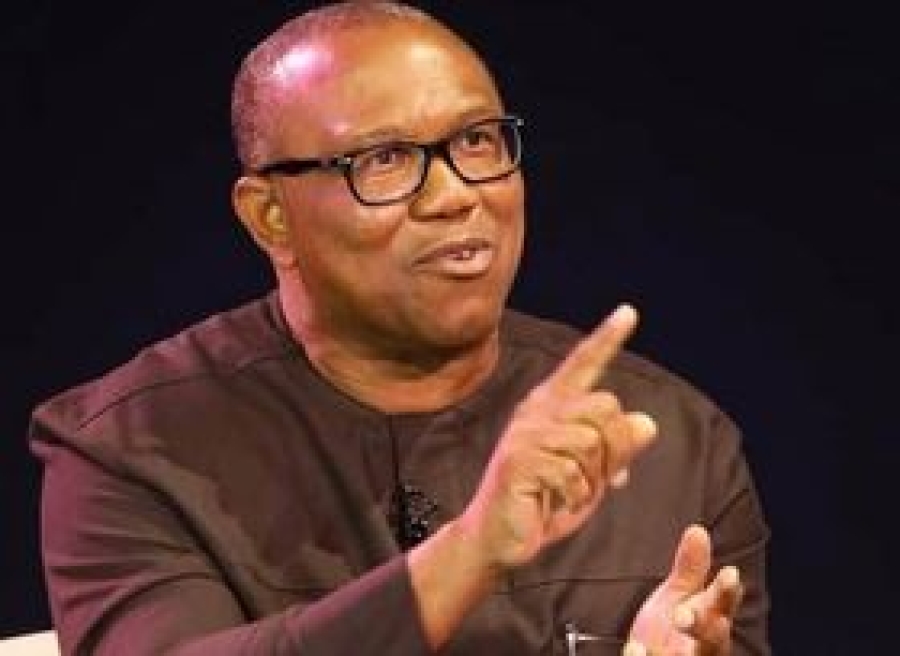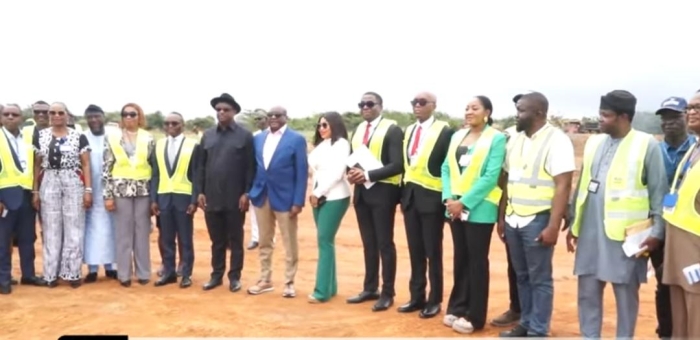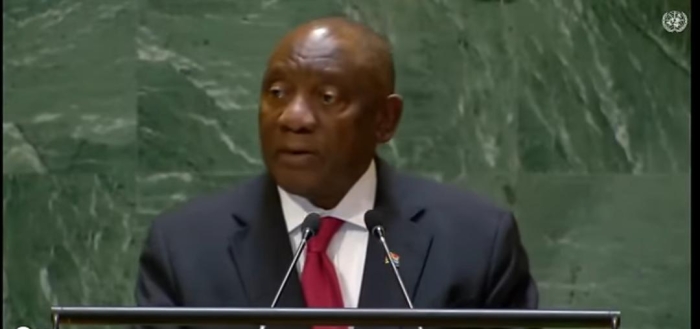The Labour Party's (LP) presidential candidate for 2023, Peter Obi, has revealed why he visited former Senate President Bukola Saraki, former Jigawa State governor Sule Lamido, and former Vice President Atiku Abubakar in Abuja. According to Naija News, the three PDP chieftains and the former governor of Anambra met behind closed doors on Monday.

After switching from the PDP to the LP in May 2022, this is the former governor of Anambra's first encounter with his former political friends. The chief spokesperson for Obi's presidential campaign organization, Yunusa Tanko, gave Punch an explanation of the visit's purpose. He said that the politicians got together behind closed doors to talk about how to free Nigeria's "soul" from the grip of the All Progressives Congress (APC), which is now in power.
"I am not privy to their meetings," he stated. However, some of the lengthy conversations we had a long time ago are what you are currently viewing. It is a component of the conversations and initiatives to fight for Nigeria's soul. Obi's meeting with some of his political supporters to discuss the state of the nation is hardly shocking. I'm limited to what I can say at this time.
"Labour Party presidential candidate for 2023, Peter Obi, has continued to uphold his declared commitment to the peace and advancement of the country," the statement said. His unwavering commitment is to see Nigeria become a place where its people are empowered and empowered.
"Afraid of the state of the country and the growing uncertainty surrounding the living conditions of the poor and disadvantaged, Obi traveled to Abuja on Monday to meet with several notable Nigerians, including Atiku Abubakar, the former vice president and PDP presidential candidate for 2023, Senator Bukola Saraki, the former president of the Senate, and Alhaji Sule Lamido, the former governor of Jigawa state.
Every one of these trips included a conversation on the state of the country and how to lessen the suffering of every Nigerian, regardless of geography or class. Specifically, it brought attention to the dire state in which the oppressed among us are living. The concerning state of affairs in the nation's northern regions was a topic of special focus and emphasis throughout these conversations.













